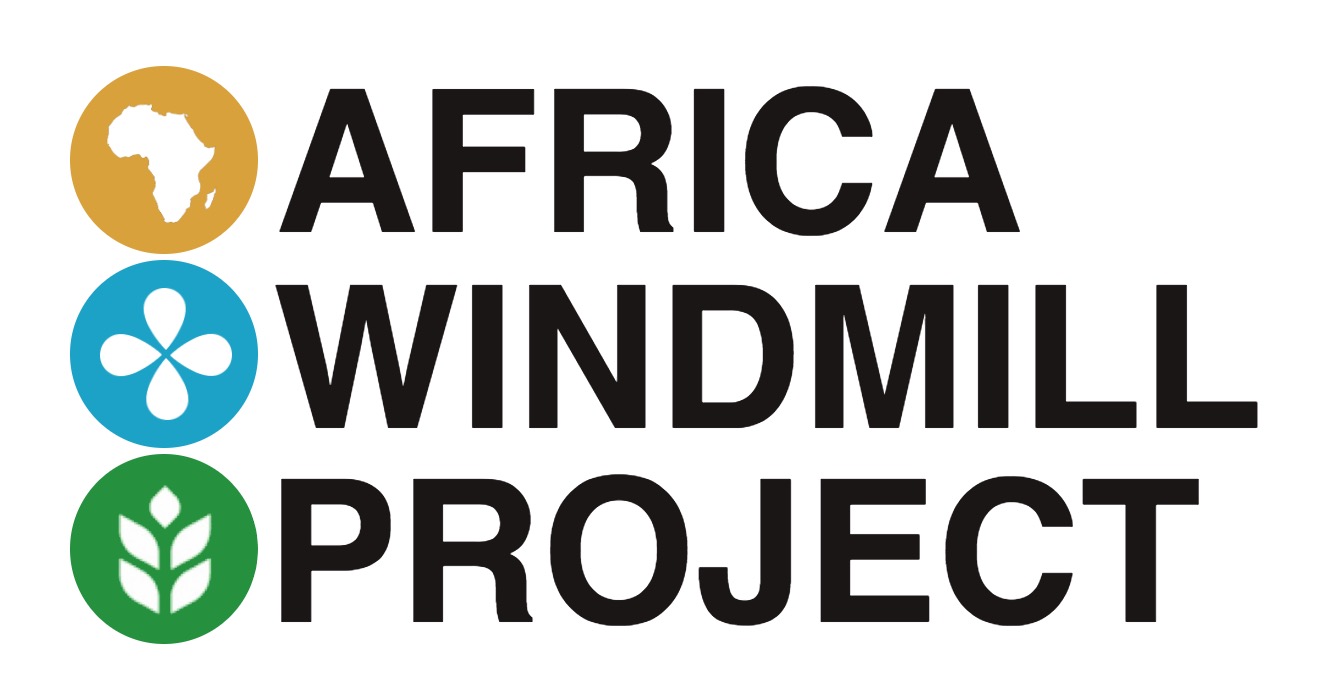A tough season for Malawi growers
Pictured below, maize is ripped to shreds by wind, rain, and hail.

Malawi has experienced a worse rainy season this year. Rains started falling in the late days of December last year and were poorly distributed across the region. Most areas had continued dry spells up to the middle of January. Maize planted in December, dried up due to unconducive temperatures for the germinating maize. However, farmers didn’t give up; they replanted in January to at least harvest something at the end of the rainy season. Few weeks after replanting, rains started falling heavily, affecting some areas in the southern part of Malawi with floods. In other areas where maize was about to tassel, heavy rain drops tore maize leaves to pieces. This situation has left farmers expectation in akimbo. Rain-fed farming ends in March and its likely that those affected will face hunger.
These are some of the unexpected situations that have prompted AWP to help rural communities understand climate change and its underlying challenges. AWP is there to teach farmers how to build low cost irrigation pumps; AWP is promoting conservation farming which is among the proven sustainable strategy in mitigating climate change issues that have hit food security; and is also encouraging small scale farmers to partake in irrigation farming and grow supplementary crops that would help in increasing availability of diverse foods at the household level.
